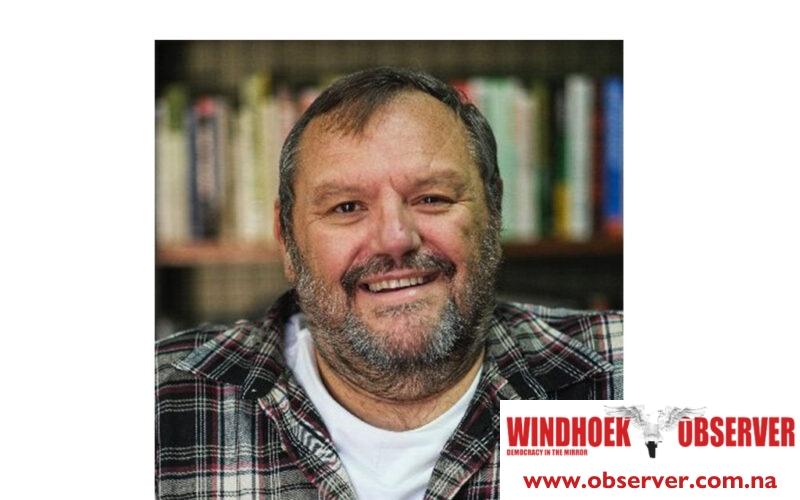Martin Endjala
The Media Ombudsman has voiced concerns regarding the inadequate media coverage of the Namibia Economic Freedom Fighters (NEFF) since August.
According to the latest media monitoring project report covering the period from 21 August to 30 September, the NEFF has failed to maintain its media presence.
The lead report consultant, Christie Keulder, explained that the NEFF averages three times a day of coverage during the period under review.
“This data is very concerning. Although statement coverage per day stands at 69. As electorates, we want to see a political party having a media presence. If a party has rallies or events that the media does not report on, we won’t be able to collect data because the media is the eyes and ears of the public,” he said.
Keulder said the NEFF needs to up their game if they want votes for the upcoming 2024 elections.
He believes that by engaging in media coverage, the public will be able to ascertain what NEFF is promising, thereby allowing electorates to buy into their manifesto or aspirations.
Keulder also noted that the party’s deregistration and registration saga, along with the court case, led to the downfall of its media presence.
“During its electoral court case, we did not really see much media presence from NEFF in terms of what the party intends to do once elected into power. But this could be due to its court case and this may change in the next report as we have seen that the party won the case and Michael Amushelelo has returned,” he indicated.
Keulder said the daily media presence is the real concern, rather than the statements themselves.
He urged parties to emulate the Swapo party, which has maintained its coverage constantly if opposition parties ever want to stay relevant.
He said the media should not be seen as an enemy but as a tool to get their message across.
The report reveals a fair distribution of media coverage between parties, ranging from 12% to 5.2%.
Keulder also stated that in terms of biased coverage, data shows that the media has accorded a fair share to all political parties.
Media Ombudsman John Nakuta said one of the disturbing findings is the gender disparity.
According to Nakuta, female coverage in politics is very low and needs to be addressed.
“In the findings of the report, political parties still do not have proactive media strategies. As none of them are talking about the real issues affecting the people,” he noted.
He, however, commended the diversity of media coverage and urged the media to continue keeping the public updated about what is happening in the election campaigns and other events.
Efforts to get comments from NEFF proved futile as phone calls went unanswered.
The Windhoek Observer wanted to obtain the party’s campaign activities schedule as to date there has been no announcement of any rallies.
The project serves as a tool for assessing how both legacy and online media are covering key issues during the election period.
By analysing the content disseminated through various media platforms, the project aims to ensure that the media adheres to its ethical obligations, providing the public with reliable and unbiased information necessary for informed participation in the democratic process.




